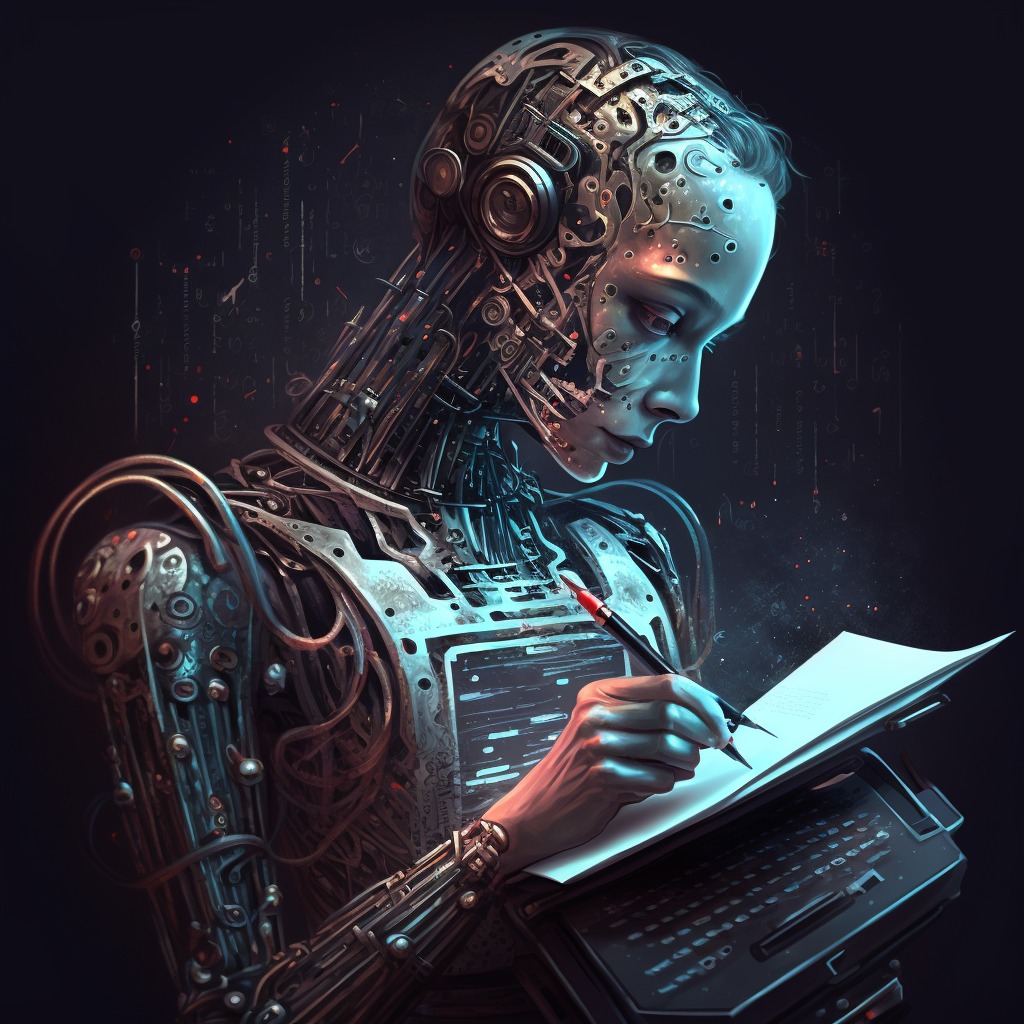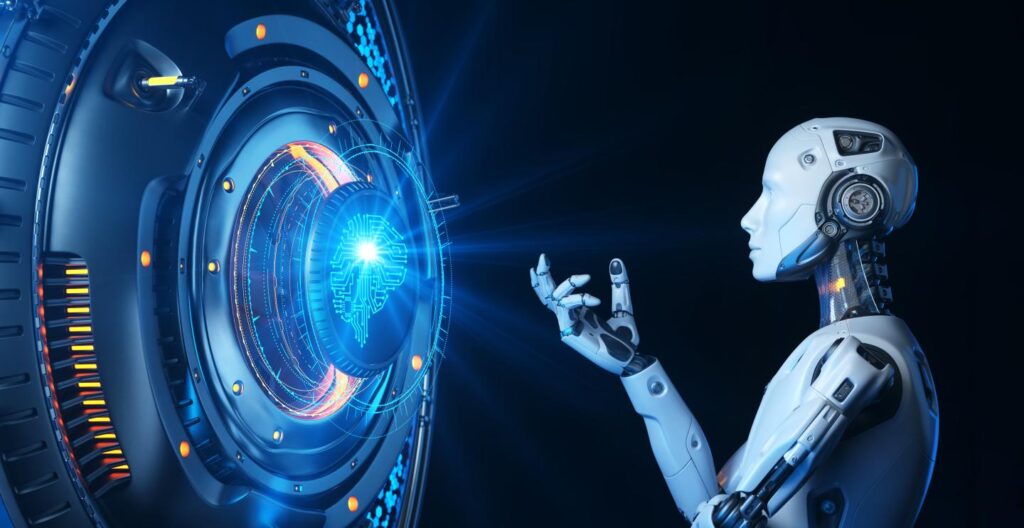
The potential impact of AI on future job markets
In this article we will be discussing key points and providing illustrative examples so that you can get a comprehensive understanding of the complex dynamics between AI advancements and the future of employment.
- Automation of Routine Tasks:
- AI technologies have the capability to automate repetitive and routine tasks across various industries, leading to increased efficiency and productivity.
- Example: In manufacturing, robotic arms equipped with AI algorithms can streamline assembly line processes, reducing the need for manual labor in repetitive tasks such as product packaging or sorting.
- Creation of New Job Roles:
- While AI may displace certain traditional roles, it also creates opportunities for the emergence of new job roles centered around the development, implementation, and maintenance of AI systems.
- Example: The rise of AI has spurred demand for data scientists, AI engineers, and machine learning specialists who are essential for designing and optimizing AI algorithms and systems.
- Reskilling and Upskilling Initiatives:
- To mitigate the potential impact of job displacement, investment in reskilling and upskilling programs is crucial to equip the workforce with the necessary skills to adapt to the evolving job landscape.
- Example: Companies investing in training programs to transition their employees from manual labor roles to roles that involve working alongside AI systems, such as AI trainers or maintenance technicians.
- Socioeconomic Implications:
- The widespread adoption of AI may exacerbate socioeconomic inequalities, as certain segments of the workforce may face greater challenges in adapting to technological changes.
- Example: Industries heavily reliant on manual labor, such as transportation or retail, may experience significant job displacement if adequate measures are not taken to support affected workers through retraining programs or social safety nets.
- Ethical Considerations:
- As AI systems become increasingly autonomous, ethical considerations surrounding issues such as job discrimination, data privacy, and algorithmic bias must be addressed to ensure equitable outcomes.
- Example: Concerns have been raised regarding the potential for AI algorithms used in recruitment processes to inadvertently perpetuate biases against certain demographic groups if not carefully designed and monitored.

In conclusion, the integration of AI into the workforce presents both opportunities and challenges. While automation may lead to job displacement in certain sectors, it also opens doors to new roles and enhances overall productivity. To navigate this evolving landscape successfully, proactive measures such as reskilling initiatives and ethical frameworks are essential. By embracing the transformative potential of AI while also prioritizing the well-being of workers, societies can harness the benefits of technology while ensuring a more inclusive and equitable future.





1 Comment
Quite an interesting article. 👍 👍
Actually, In recent years, AI has garnered significant attention for its potential to transform industries ranging from healthcare and finance to manufacturing and transportation.
However, for those unfamiliar with the intricacies of AI, understanding its implications on the future of work can be daunting.
Your article has actually demystified AI and explored its impact on employment, delving into both the opportunities it presents and the challenges it poses for the workforce of tomorrow. 🙂